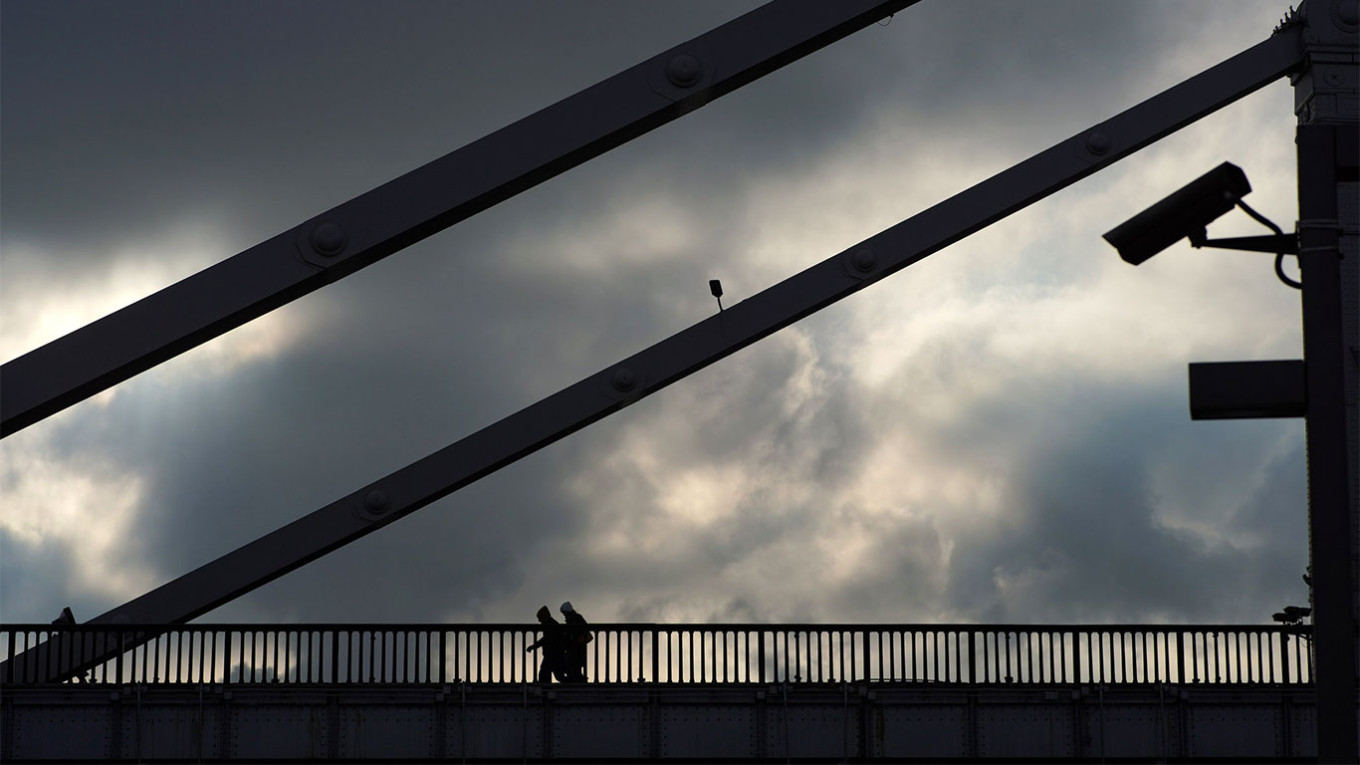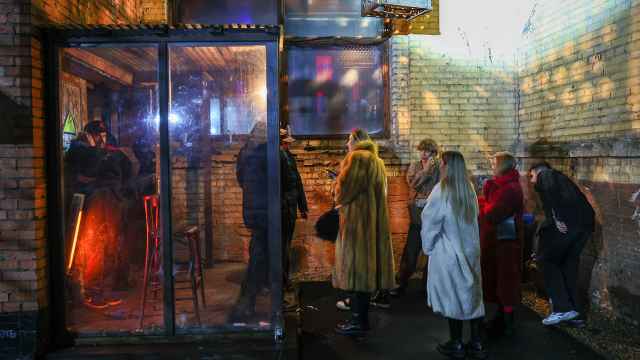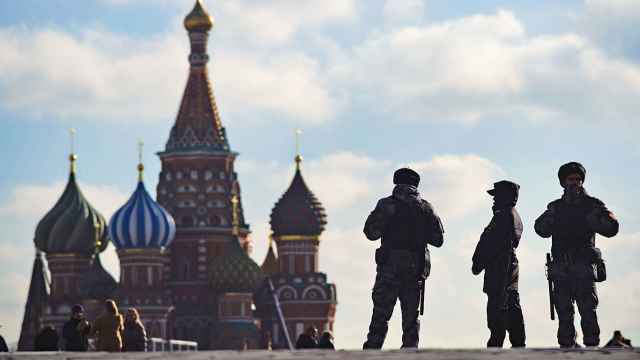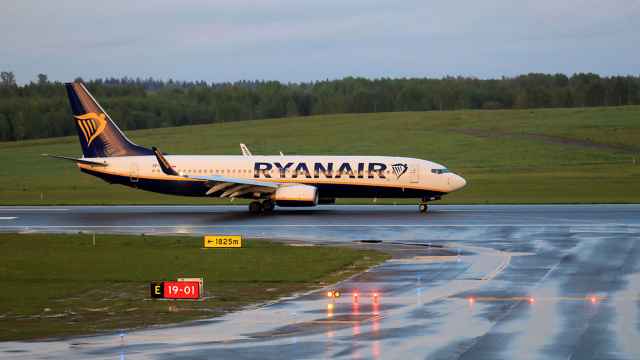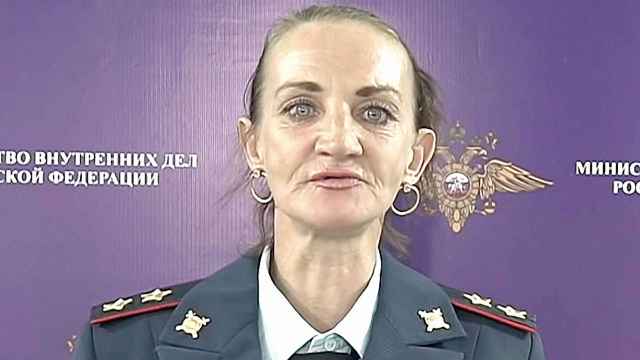Russia has steadily expanded its sprawling facial recognition surveillance system since invading Ukraine last year, The Moscow Times’ Russian service reported Thursday, citing thousands of state procurement documents.
While formally designed to fight crime, Russia’s facial recognition system has been more effective in identifying anti-war activists and draft dodgers, surveillance experts told the outlet, adding that the authorities maintain unpredictability in carrying out surveillance-related arrests to instill fear and uncertainty in the population.
“The system is not yet 100% built, but Russia is moving very quickly in this direction,” said lawyer and digital rights activist Sarkis Darbinyan.
The Moscow Times' Russian service reports that, since 2022, Russian government agencies have spent 30.7 billion rubles ($330 million) on surveillance video storage alone — which accounts for one-third of the total amount spent in the past 12 years combined.
At the same time, 24 out of the 56 recognition systems operating in Russia were registered after 2022, the outlet said. It adds that 1.2 billion rubles ($13 million) out of the 3.6 billion ($38 million) spent on video recognition was recorded since last year.
More than half a million facial recognition surveillance cameras are installed across Russia. Moscow accounts for 40%, with more than 200,000 cameras, though its surveillance practices are spreading to other Russian regions, according to The Moscow Times' Russian service.
Outside the Moscow region (with 80,000 surveillance cameras) and St. Petersburg (with 67,000), the republic of Tatarstan is Russia’s most surveilled region, with 32,000 cameras installed. The remote Chukotka autonomous district in Russia's Far East is the least surveilled region, with a mere 15 cameras installed.
Russia’s state-owned telecom giant Rostelecom is the end-to-end provider of surveillance technology and services in the country — either directly or through subsidiaries.
The Moscow Times' Russian service reports that Rostelecom received 11.1 billion rubles ($119 million) out of the 25.5 billion ($273 million) rubles allocated toward federal “Safe Region” and “Safe City” surveillance projects.
Moscow’s City Hall first signed contracts transferring surveillance footage to the federal government after massive demonstrations against election results that were denounced as fraudulent by protesters in 2011.
Three-quarters of Moscow’s public space and 90% of residential areas were covered by surveillance systems in 2018.
A Message from The Moscow Times:
Dear readers,
We are facing unprecedented challenges. Russia's Prosecutor General's Office has designated The Moscow Times as an "undesirable" organization, criminalizing our work and putting our staff at risk of prosecution. This follows our earlier unjust labeling as a "foreign agent."
These actions are direct attempts to silence independent journalism in Russia. The authorities claim our work "discredits the decisions of the Russian leadership." We see things differently: we strive to provide accurate, unbiased reporting on Russia.
We, the journalists of The Moscow Times, refuse to be silenced. But to continue our work, we need your help.
Your support, no matter how small, makes a world of difference. If you can, please support us monthly starting from just $2. It's quick to set up, and every contribution makes a significant impact.
By supporting The Moscow Times, you're defending open, independent journalism in the face of repression. Thank you for standing with us.
Remind me later.


